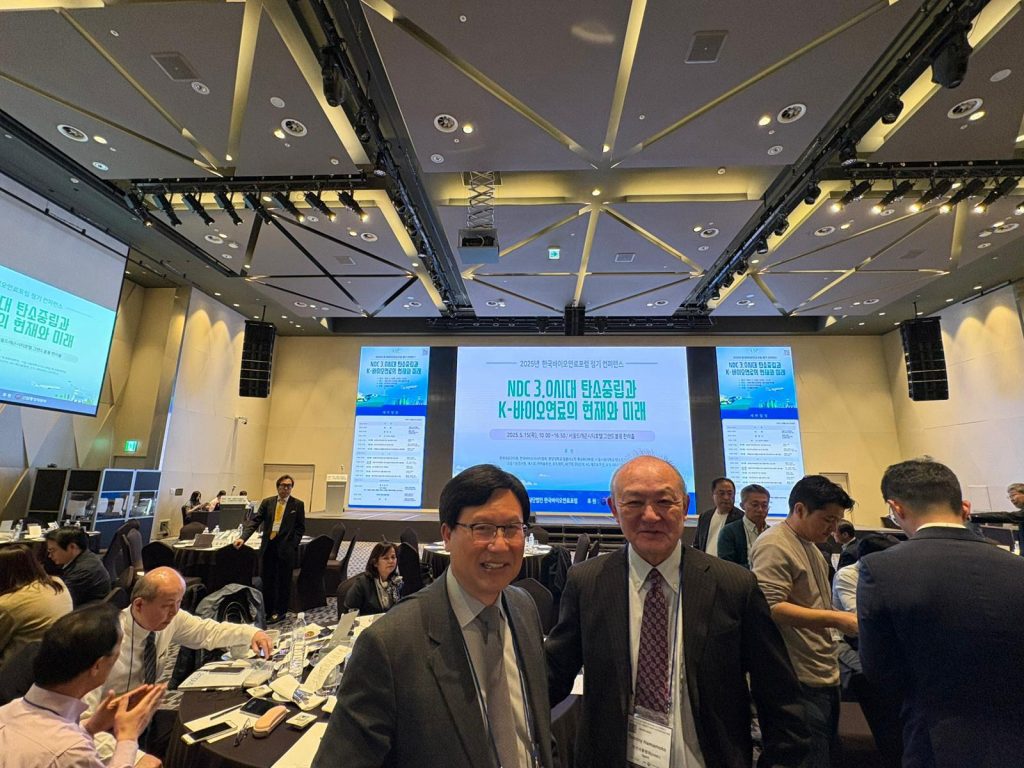The U.S. Grains Council (USGC), in collaboration with the Korea Biofuel Forum (KBF), a biofuel advocacy group, held its annual conference in Seoul last week with the goal of promoting biofuel’s economic and environmental benefits to South Korean stakeholders. The Council’s offices in Japan and South Korea invited an expert from Japan to present on Japan’s recently announced biofuel policy that will expand imports of ethanol both for on-road fuel and SAF feedstock.
The KBF is a non-profit organization registered with the Ministry of Trade, Industry and Energy (MOTIE) to promote Korea’ s carbon neutrality and development of the biofuel industry. It consists of approximately 300 scientists and experts from the petroleum industry, government research institutes, higher education institutions, airlines and the biofuel industry.
“The Council was eager to use this opportunity to introduce Japan’s road ethanol and synthetic aviation fuel (SAF) policies to attending officials and media to change their perception of road ethanol,” said Haksoo Kim, USGC director in South Korea.
The annual conference is an influential event attended by representatives from government ministries such as MOTIE and the Ministry of Land, Infrastructure and Transport (MOLIT), and about 250 experts from member organizations, biofuels stakeholders and energy-related media.
The majority of the agenda covered the current policies in place regarding biofuels, SAF and domestic feedstock supply in South Korea. To broach the topic of broader ethanol consumption, the Council organized a segment on Japan’s ethanol development and how it has economically and environmentally benefitted the country.
After the event, Odfjell Terminals Korea invited the Council’s delegation to tour its port in Ulsan, where much of Japan’s ethanol stops on its way to Japanese customers, to view its transshipment capacity.
“South Korea does not produce biofuels domestically, instead relying on imports for 100 percent of its demand. That means any change in biofuel policy, combined with the country’s strong trade relationship with the U.S. could result in hundreds of millions of dollars in revenue for U.S. producers,” Kim said.
“By continuing to build trust in the energy potential of biofuels through collaborative programs between the Council’ s overseas offices that showcase other countries’ successes in harnessing ethanol, we can unlock significant international demand for U.S. bioethanol.”
Learn more about the Council’s work in South Korea here.
About The U.S. Grains Council
The U.S. Grains Council develops export markets for U.S. barley, corn, sorghum and related products including distiller’s dried grains with solubles (DDGS) and ethanol. With full-time presence in 28 locations, the Council operates programs in more than 50 countries and the European Union. The Council believes exports are vital to global economic development and to U.S. agriculture’s profitability. Detailed information about the Council and its programs is online at www.grains.org.


